Hi to all.
One of my newsletter receivers wanted to know how to work out whether medication could or should be used in their young person. As you can imagine, this is a frequently asked and a very important question.
Being a child psychiatrist, one of the tools I can use to create change is medication. But…
- We use medications sparingly, weighing up potential benefit and potential problems
- Only after a thorough assessment
- With increasing caution as the child’s age decreases
- Only as part of a “whole person and system” approach
- Generally only after psychological and social interventions have been adequately tried and found to have not created enough change
- With clear target symptoms that are measurable
- The medication is ceased if it is not significantly beneficial
- With parental consent and the young person’s assent
I could go on and on about the many varied factors we use when considering prescribing medication. But there is a metaphor I almost always share with the young person at the very end of the decision making process when determining whether or not to use medication. And it goes something like this.
“Whether to use medication or not is a bit like deciding whether to use a life vest or not if you get caught in a rip and you find yourself 100m offshore in the ocean.
Well, if you are able to swim and you are getting somewhere, then the last thing you would do is put a life vest on. There is no need. When you eventually get to the shore you will be stronger for the effort, and more confident in your ability to get yourself out of danger using your own abilities, physical and social routines, talking therapy, and the parent and family work to create change.
However if despite yours and others best efforts you are getting nowhere or are drowning, then a life vest is very valuable. It gets you on top of the water, giving you a chance to breath and recover…BUT, you still have to swim to shore. The medication won’t get you to safety, it won’t solve all the problem. It will only help give you a space to do what you need to do. Potentially the life vest may get in the way, making swimming a bit more difficult, but that is a price you may have to pay if the alternative is drowning.
So yes, you have a mental illness that may benefit from a medication, we have given other options a good go, you know all the pros and cons of the medication, and your parents are willing to support your decision about whether to use medication or not. Now there is only one final question you need to answer… am I swimming or am I drowning?”
If medication use is not urgent (such as acute risk or a serious mental illness such as psychosis) I give the young person a week to decide what they want to do. Many parents would wish to choose for their children and to do it yesterday, but my experience is that it is important for the young person to chose for themselves if it is going to be seen as a cooperative endeavor rather than a coercive one. Compliance is MUCH more difficult if you have to dominate a child into taking medication, and as most medication courses are for a year or two to create lasting change, that is a long time to have to make your child do something they don’t want to do. One parent of a child who refused medication asked me if I could prescribe the medication anyway, and he would crush it and put it in his child’s breakfast…the answer was obviously no. We don’t want to dominate, we want to cooperate.
Hope that helps.
Andrew
